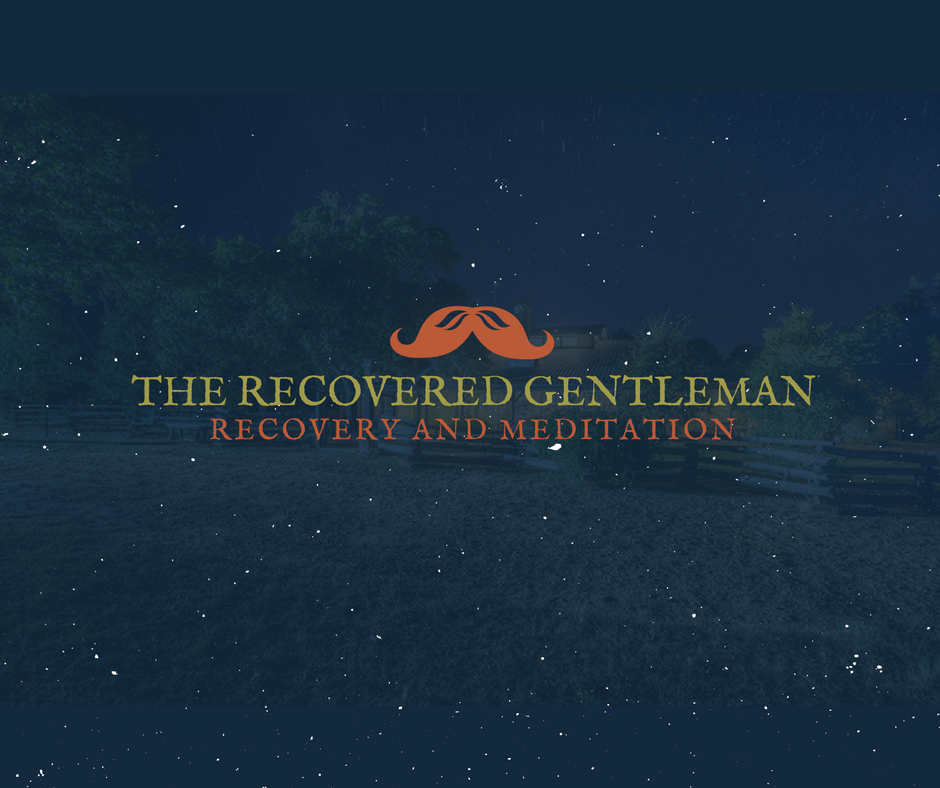Addiction Treatment
The Recovered Gentleman – issue 08

Written By:

Table of Contents
RECOVERY AND MEDITATION
Drug and alcohol treatment and recovery often include various forms of therapy. There are group sessions for support and treatment. Some people have recourse to individual counseling. There are of course medical treatments for some of the symptoms of alcohol and drug withdrawal. But any of us can benefit from other methods of self-healing that can augment our recovery and meditation has be shown to be an effective practice which can complement more traditional recovery programs.Basically, meditation is a program of focused relaxation. There are various forms of meditation but they all involve setting aside periods of time for highly focused thought and relaxation exercises. Meditation allows us to move our thoughts away from complications and worries and focus instead on more abstract thinking processes.One form of meditation that is emerging as effective for people in recovery is called mindfulness meditation. In this form of meditation people are guided toward a higher awareness of thoughts, feelings, and emotions without getting carried away by them. What tends to happen to nearly everyone but especially to people in recovery is that specific thoughts, feelings, and emotions become a central point of preoccupation. With this comes the need or drive to sort these things through and find resolutions. In mindfulness meditation people are given the freedom to allow these thoughts and feelings to flow through the mind without grasping as solutions, without attempting to work them out.One of the theories behind mindfulness meditation is that the primary reason people become bogged down in certain feelings and thoughts is because they cannot think their way through these things. They cannot find solutions often because there is no solutions and it is in this process that mindfulness meditation lends itself to recovery. One may find some measure of acceptance in the practice by allowing the thoughts, feelings, and emotions to run their course without grappling after solutions and resolutions. In other words, one my find acceptance by going through the difficult (and sometimes painful) process of feeling these things but yet relieved of the burden of working them out. One can come to reconcile the negative feelings or thoughts with their own lives even without an immediate solution.It has been shown that practicing some form of meditation does reduce anxiety. Meditation has been shown to even have physical benefits by lowering blood pressure even in people with hypertension. Meditation has been clinically proven to be useful in managing anxiety and depression. These two things are often problems for recovering alcoholics and drug users, especially in early recovery.By setting aside even a half hour a day to practice meditation techniques, one can at the very least find some measure of peace and relaxation as we make our way into and through program of recovery. Meditation can be practiced alone or in groups. Many treatment programs offer meditation sessions as part of their overall program. Even as one is guided through a rigorous program of recovery, one can only stand to benefit from attempting some form of meditation. It reduces stress, focuses out thinking, and frequently allows us to gain some measure of clarity.
